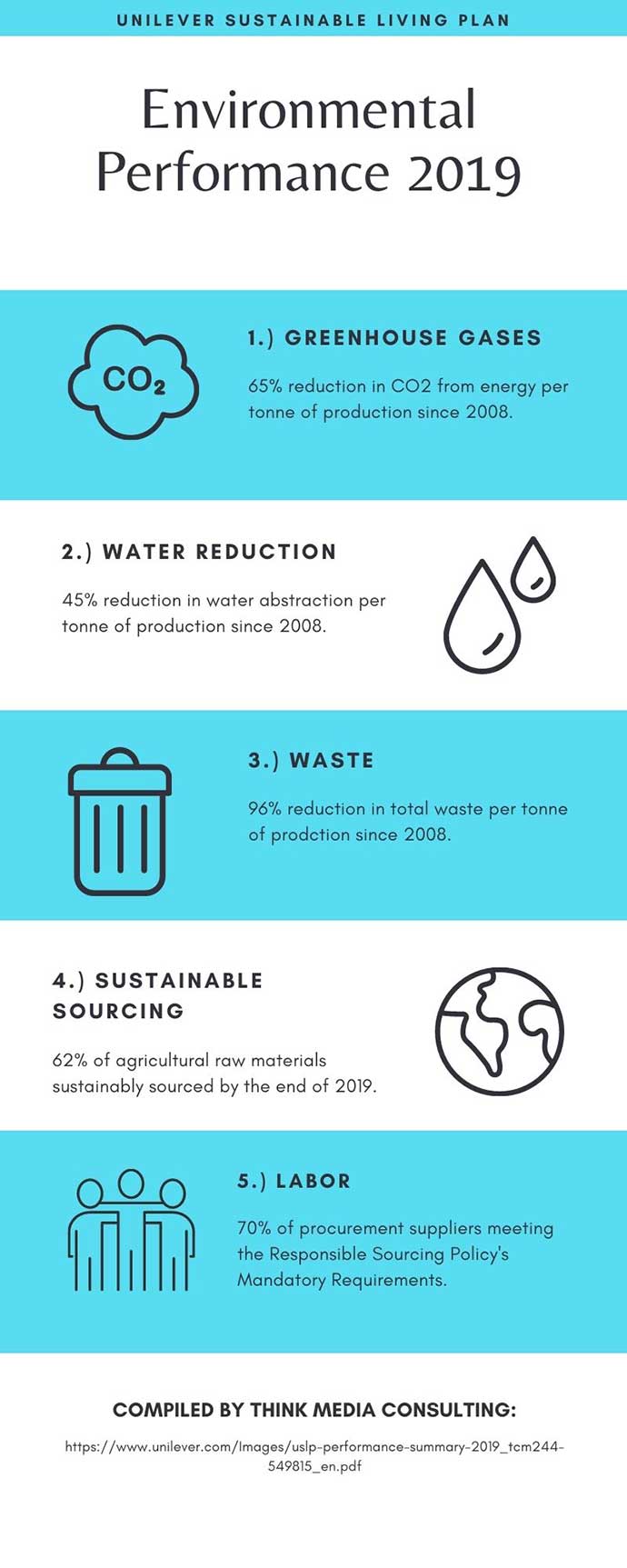By Shahla Hebets
There has been much buzz about the accelerated growth of consumers’ environmental awareness and changes in purchasing behavior. It’s no surprise then that many brands are increasing their sustainability efforts in response. Brands are rightly waking up to the fact that consumers are purchasing from brands that support eco-consciousness. While many brands are upping their ante with respect to their environmental friendliness, few are being effective at marketing these sustainability efforts to today’s consumers.
This is a missed opportunity, given that most consumers are largely confused by which brands are committed to sustainable initiatives and which are not. According to a recent CSG Retail and Sustainability Survey, 50% of U.S. consumers say that brands aren’t demonstrating their environmental practices. That’s bad news for brands that are allocating resources and investment dollars toward significant sustainability work. Equally important, the same study found that 30% of consumers reported that they would not purchase from a brand that did not use sustainable practices.
Brands need to heighten their marketing and communication of these initiatives if they hope to reap the benefits from sustainability shoppers. Fortunately, some brands are leading the way. Take Unilever as an example. With Unilever’s large global footprint and a laundry list of household name brands, tackling sustainability, in and of itself, is no small feat. Add marketing their eco-friendliness to their customers, and the task becomes even more daunting.
Promoting Sustainability
In 2010, Unilever launched its sustainability program with a focus on three core areas: improving the health and well-being for 1 billion people, enhancing the livelihood of millions, and reducing environmental impact by half. Here is a roll-up of their environmental performance in 2019.
 They’ve made sizable progress toward their sustainability goals, but they’ve also shrewdly promoted these initiatives. Take Unilever’s recent decision to sponsor a sustainability event targeting healthy lifestyle retailers, influencers and other professionals entitled Spark Change. This puts their environmental commitment front and center.
They’ve made sizable progress toward their sustainability goals, but they’ve also shrewdly promoted these initiatives. Take Unilever’s recent decision to sponsor a sustainability event targeting healthy lifestyle retailers, influencers and other professionals entitled Spark Change. This puts their environmental commitment front and center.
Beyond this sustainability-focused event, Unilever is an ideal case study on both prioritizing sustainability and marketing these efforts in an approachable, customer-centric format. Much of Unilever’s website is dedicated to its sustainability efforts. Wisely, they use charts, graphics and downloadable PDF’s which offers digestible, easy to understand the content. This same approach has been applied to their social media presence with consumable content that informs consumers of their sustainability merit. Below are a few recent posts from Unilever’s Facebook page. The first highlights a partnership with U.S. Plastic Pact and the second shares their expertise in sustainability.


Such partnerships coupled with social media marketing convey their commitment to the environment and associate their brand with sustainability. Unilever’s marketing speaks to a higher purpose which resonates with the changing consumer behaviors. It also stakes a claim on sustainability as a key competitive advantage now and in the future. This is particularly relevant given that a recent Nielsen study found that 79% of Gen X, 85% of Millennials, and 80% of Gen Z globally say it is “extremely important” or “very important” that companies implement programs to improve the environment.
What makes Unilever’s approach to sustainable marketing so impressive is that it is integrated into a larger business strategy. Too often brands try to do sustainability on the side with an occasional post or infographic, mostly around Earth Day. Contrast this with Unilever, which understands the power of authentic marketing in an era of fly by night commitments. Unilever appreciates the universal truth that consumers reward the brands that put their money where their mouths is.
Other brands should make sustainability a cornerstone of their marketing too. In an age of products that seem remarkably similar in the eyes of the consumer, sustainability can be a key differentiator. Still doubtful? Take a glance at Unilever’s performance. Unilever announced at the end of 2019 that their purpose-driven brands grew 69% faster than their other brands and delivered 75% of the growth. Sustainable marketing isn’t only timely, it also drives revenue.

